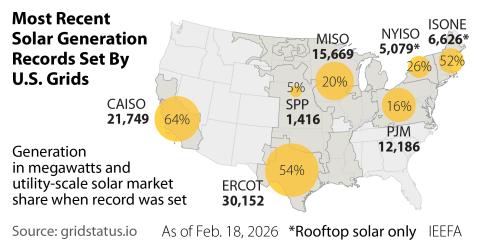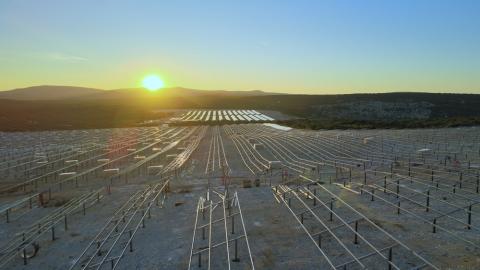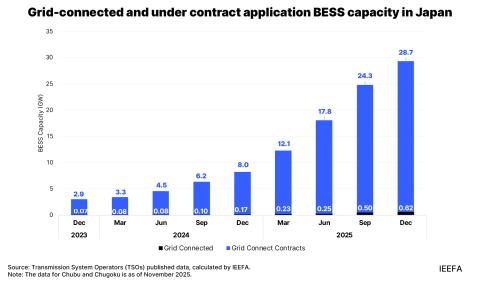IEEFA Europe: Western Balkans Take a Step Away From Coal Power, and Toward the EU
Albania, Croatia and Kosovo have made tentative steps in just the past week or so toward greener and more integrated market-driven electricity networks.
We have argued before that the introduction of competitive electricity markets, coupled with greater cross-border connections and renewable power, is the way forward for the Western Balkans.
Such an approach will help forge reconciliation in a once war-torn region, share diverse national resources more efficiently, and align these countries better with the EU (as required if they are to join the 28-member bloc).
The strategy contrasts sharply with a step back to coal by some countries in the region.
With all this in mind, there is good news.
First, the International Financial Corp., a member of the World Bank Group, and the Albanian Ministry of Energy and Industry this week signed an Memo of Understanding to establish a day-ahead electricity market in Albania.
While MoUs or the formation of day-ahead markets aren’t always drop-dead exciting, this one reinforces the direction of travel, and all the more so after Kosovo last week adopted laws on energy, electricity and gas in a step toward meeting the EU’s so-called “Third Package” on policies for integrated, liberalized energy markets.
At present, electricity supply in the Western Balkans is fully regulated for the most part, meaning that a state-owned generator sells all the nation’s electricity to a state-owned utility at regulated prices.
Needless to say, such an approach stifles transparency, trade and efficient use of national resources.
The formation of day-ahead markets (in electricity for delivery the following day) is a vital first step toward a more open allocation of electricity, and for cross-border trade. Here’s the IFC’s take on that: “The day-ahead market is expected to help promote the integration of Albania’s electric grid with the rest of Europe, including neighboring Kosovo. It will also increase price transparency, and improve the investment climate for new power projects.”
The next step for Albania and Kosovo will be completion of a new 600-megawatt cross-border interconnector, expected this summer, which can drive trade further, and complement their respective, outsize reliance on hydropower and coal.
The second bit of promising news is Croatia shelving its proposed new Plosmin C coal-fired power plant last week.
That decision came out just before Prime Minister Tihomir Oreskovic was toppled in a no-confidence vote. While politics are clearly volatile just now in Croatia, the statement of the economy minister, Tomislav Panenić, was telling.
According to published reports on his comments, Croatia dropped the project on the grounds both of expected state aid rejection by the EU, and because of electricity prices are so low that make the project uneconomic.
IEEFA earlier this year argued for the cancellation of Kosovo’s proposed coal plant and for replacing it with lower-cost renewable power and efficiency projects because it would cause the price of electricity in Kosovo to rise to unreasonable levels and place a needless long-term burden on Kosovo’s economy.
Gerard Wynn is a IEEFA London-based Energy Finance Consultant.














